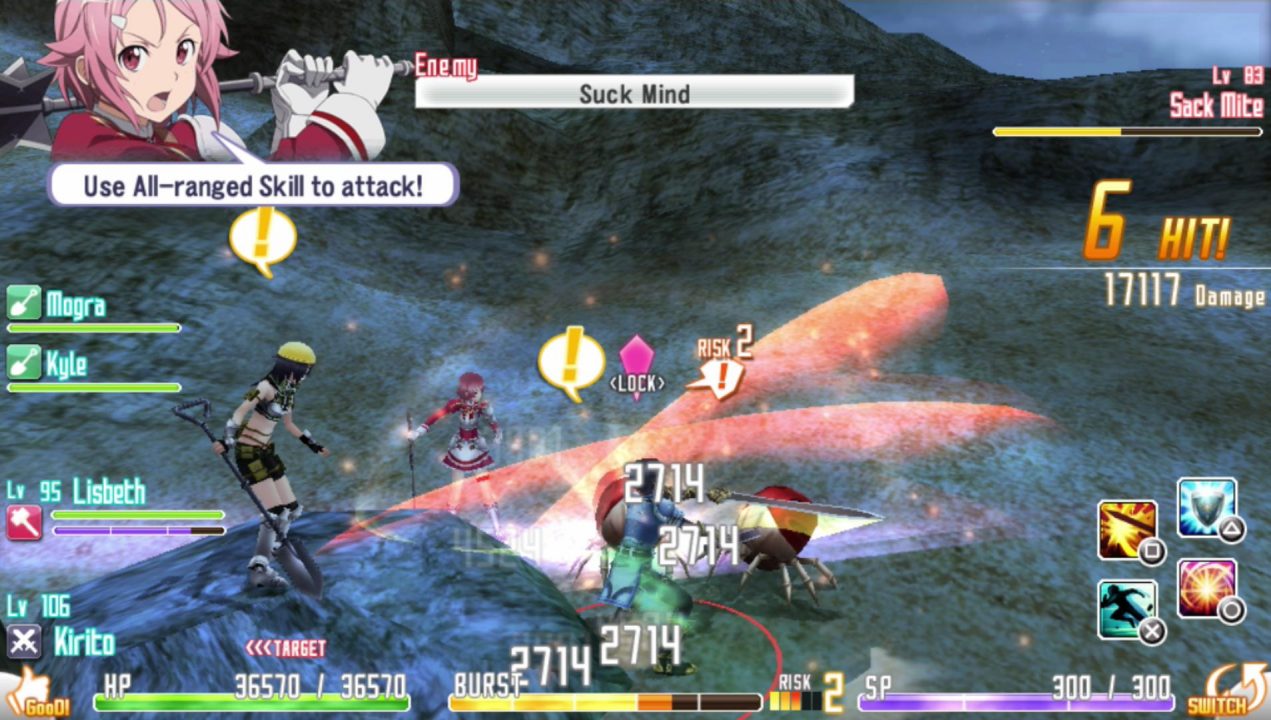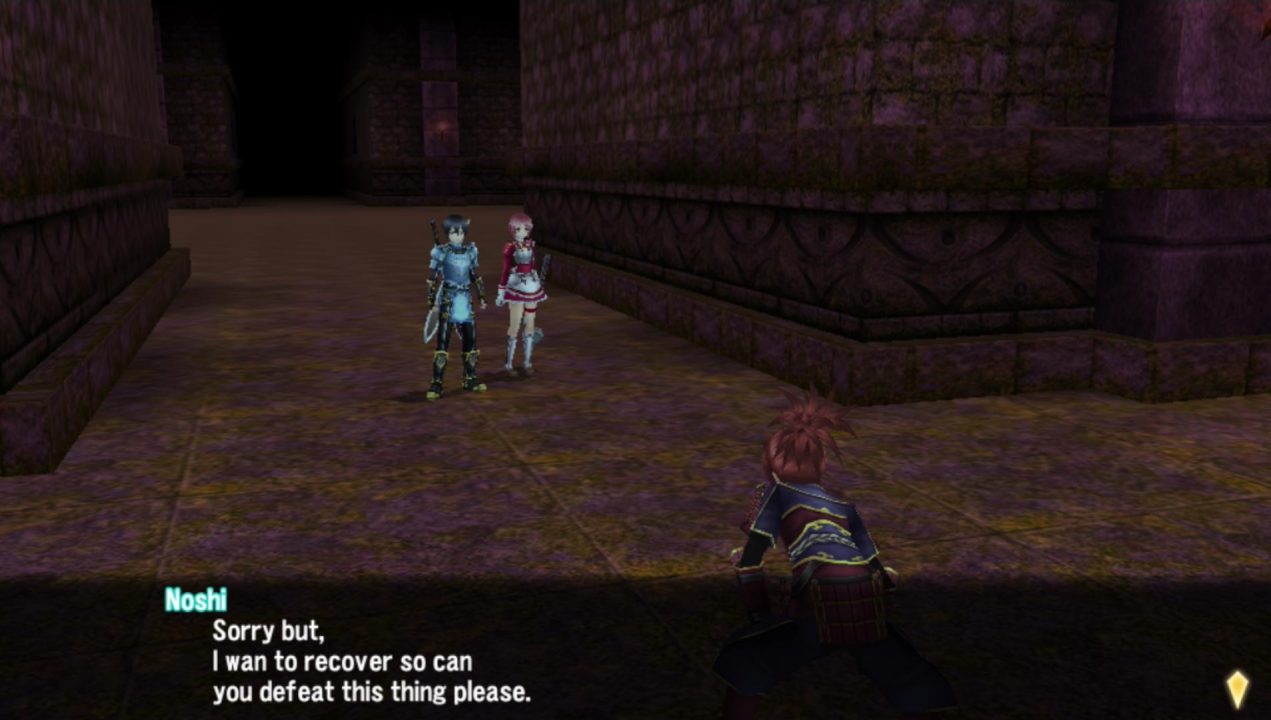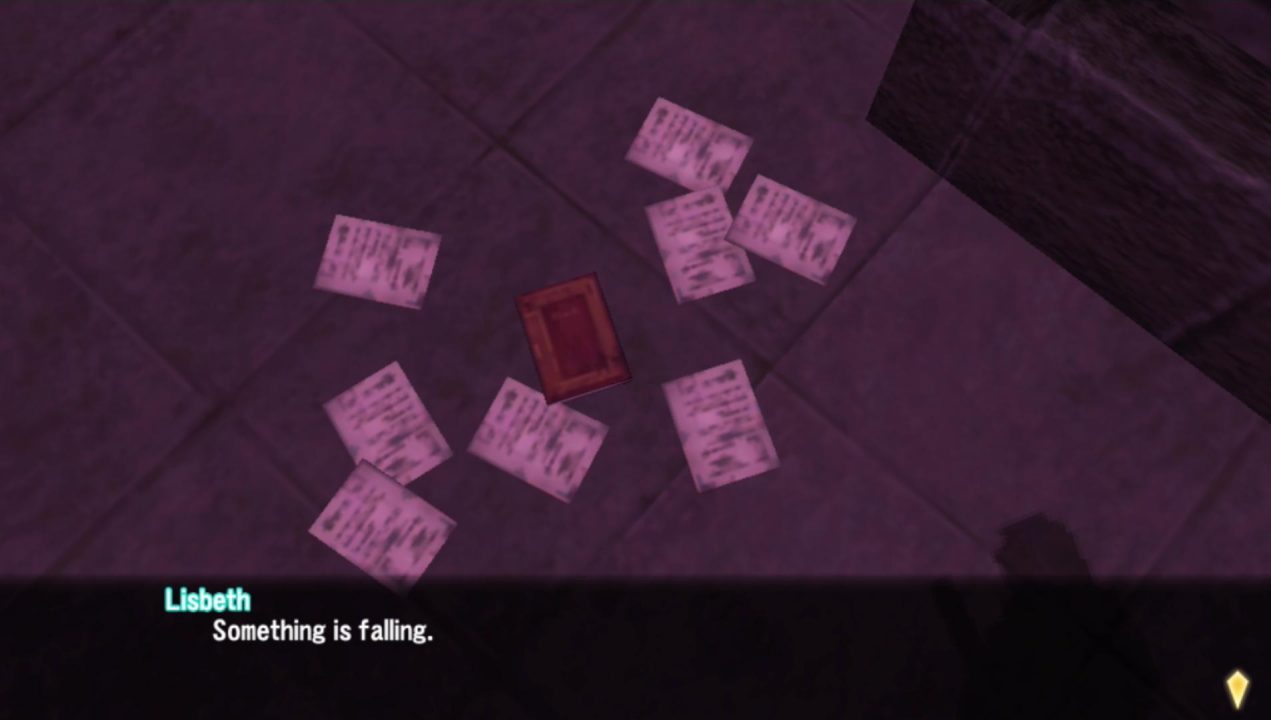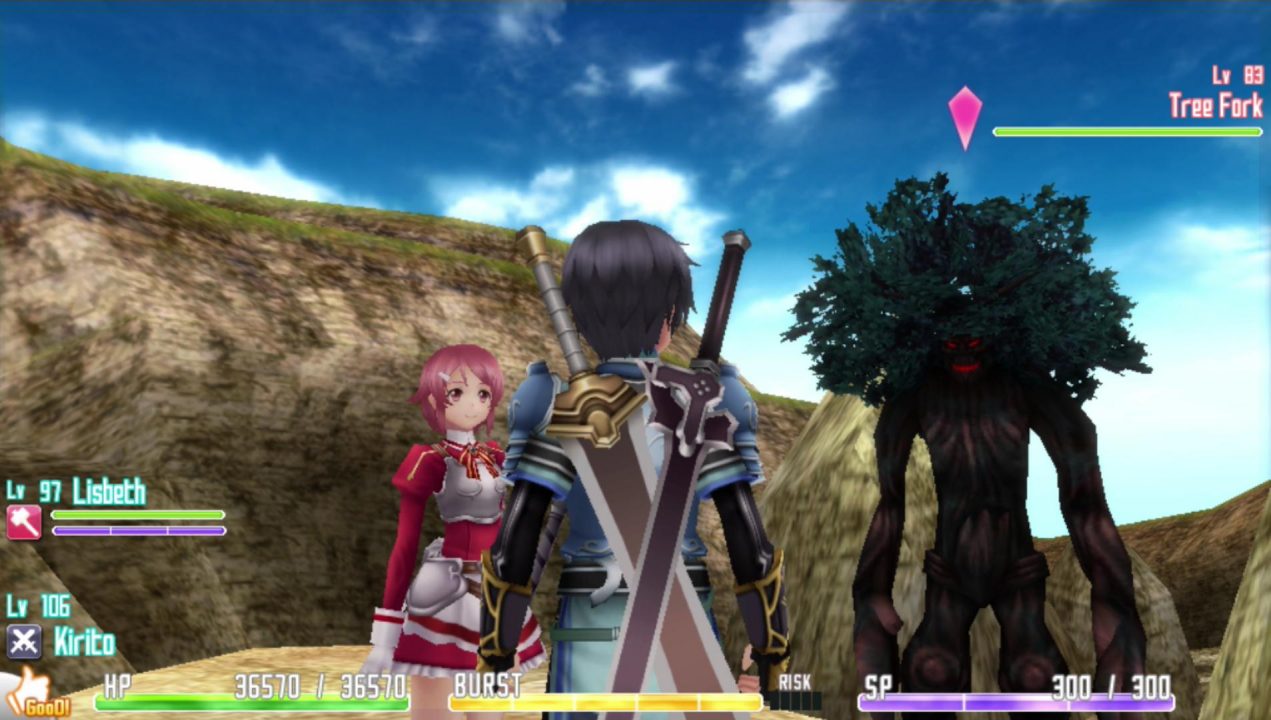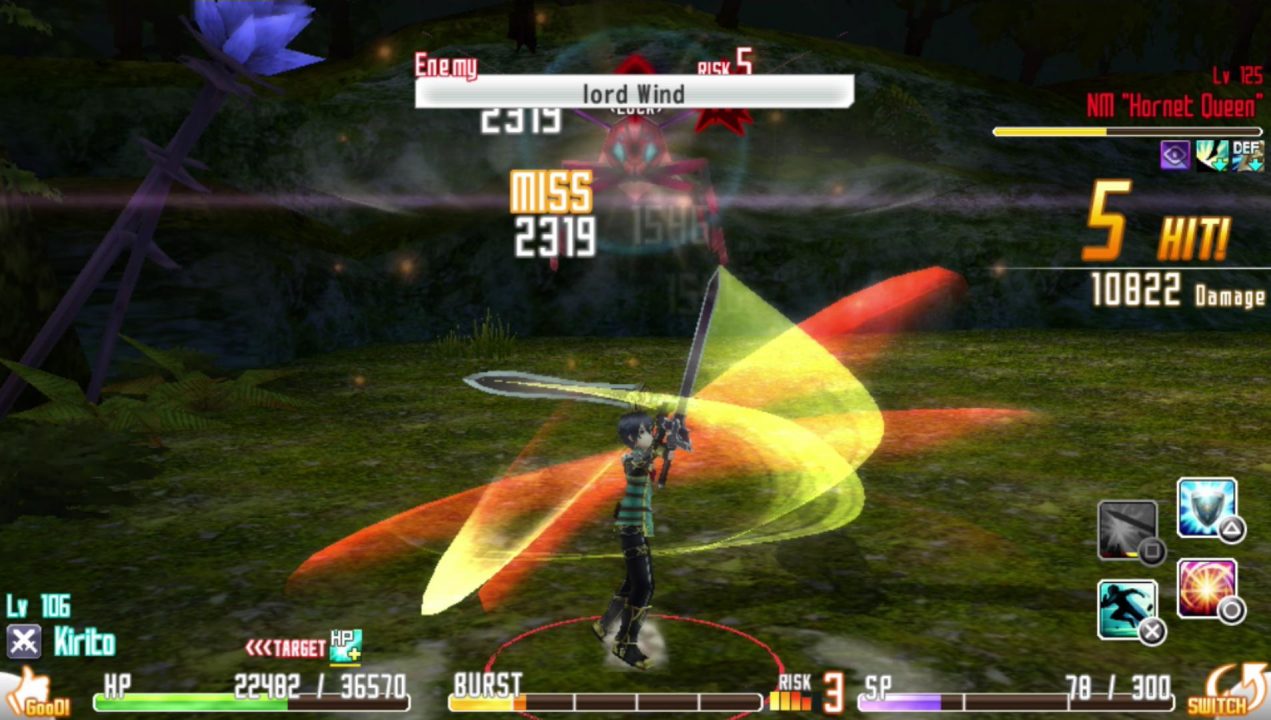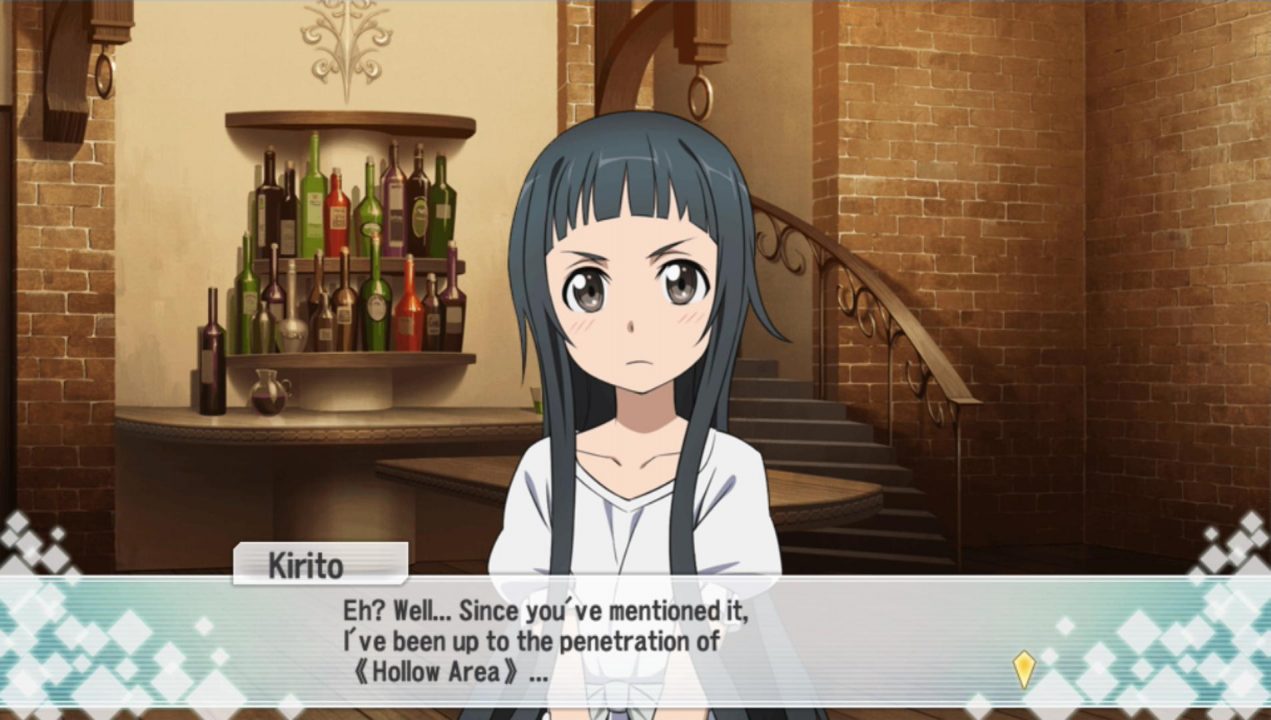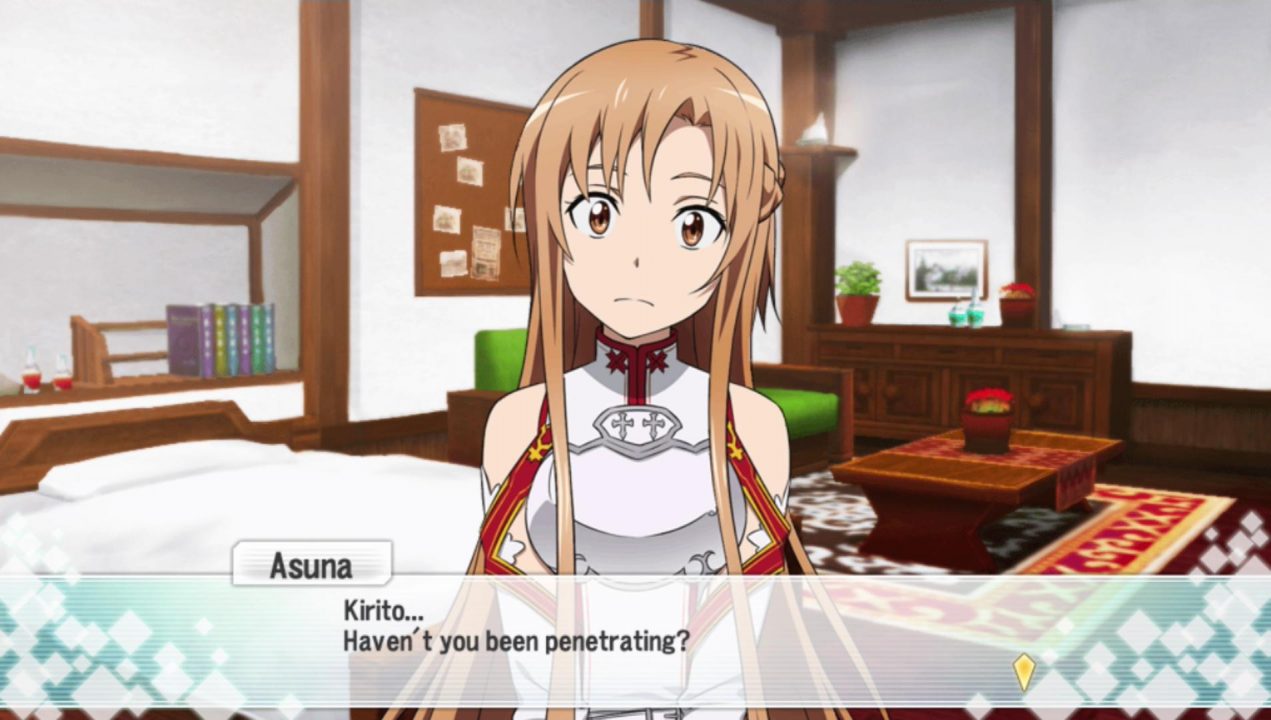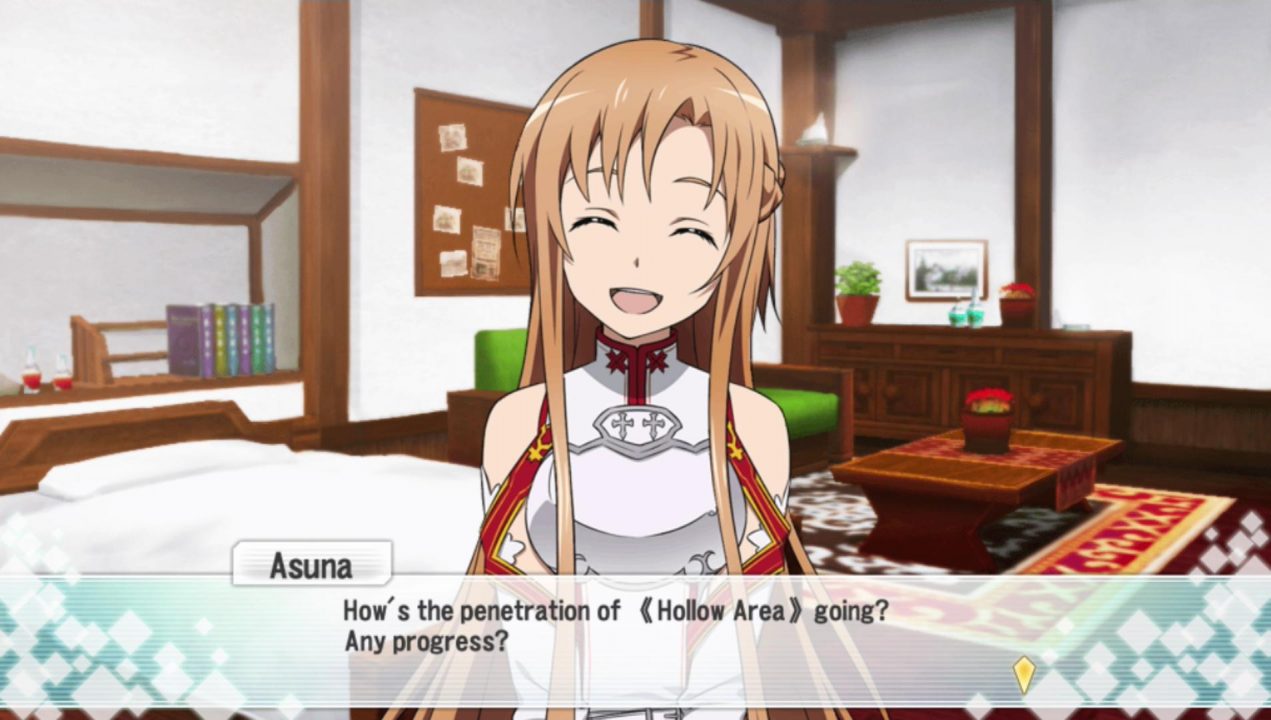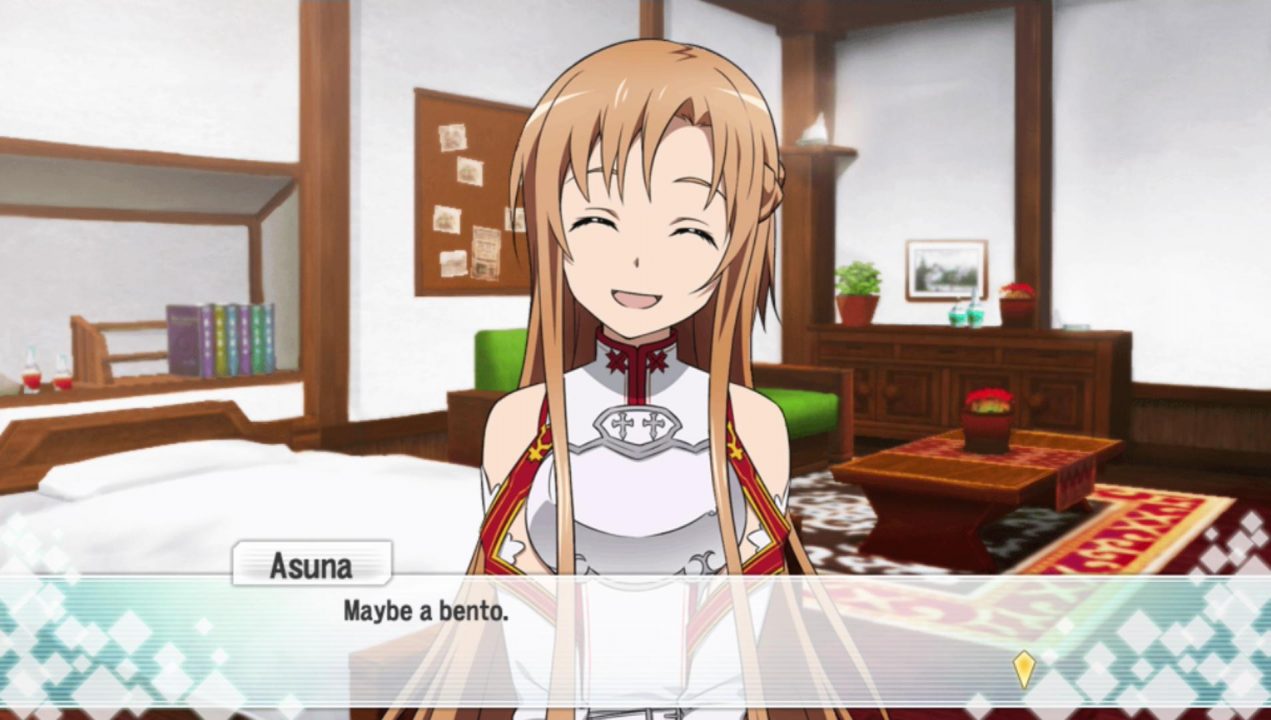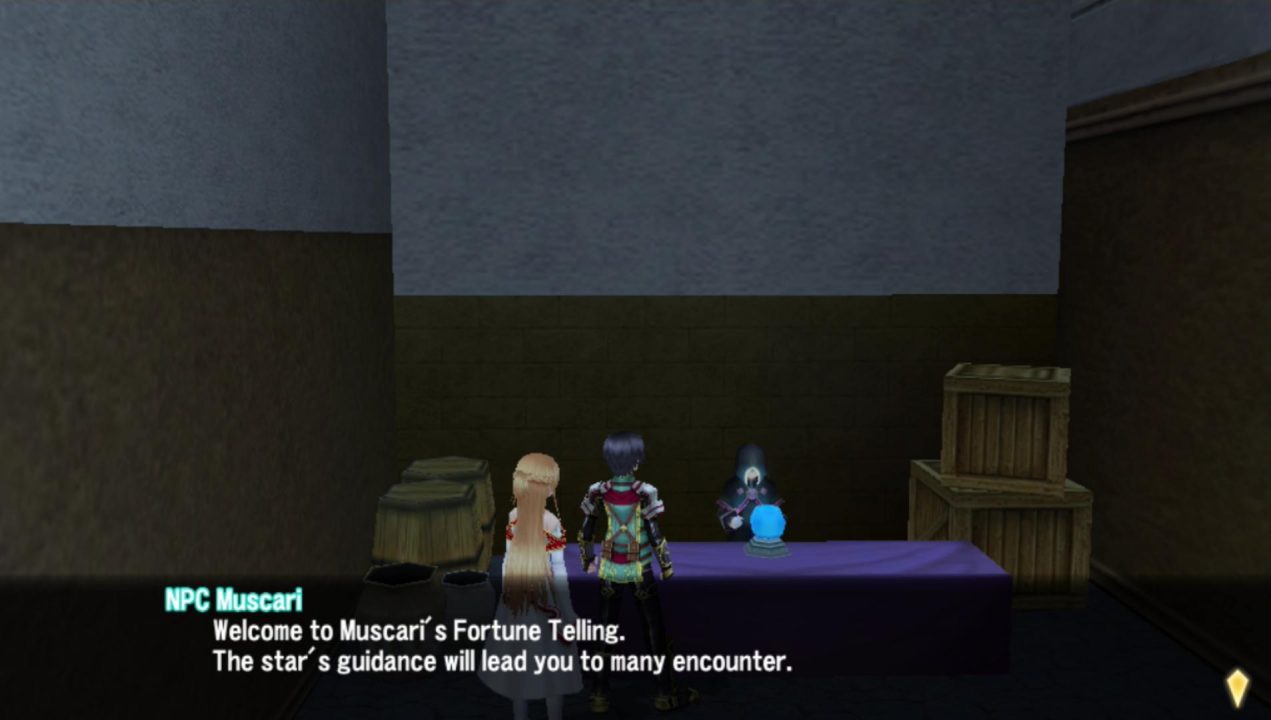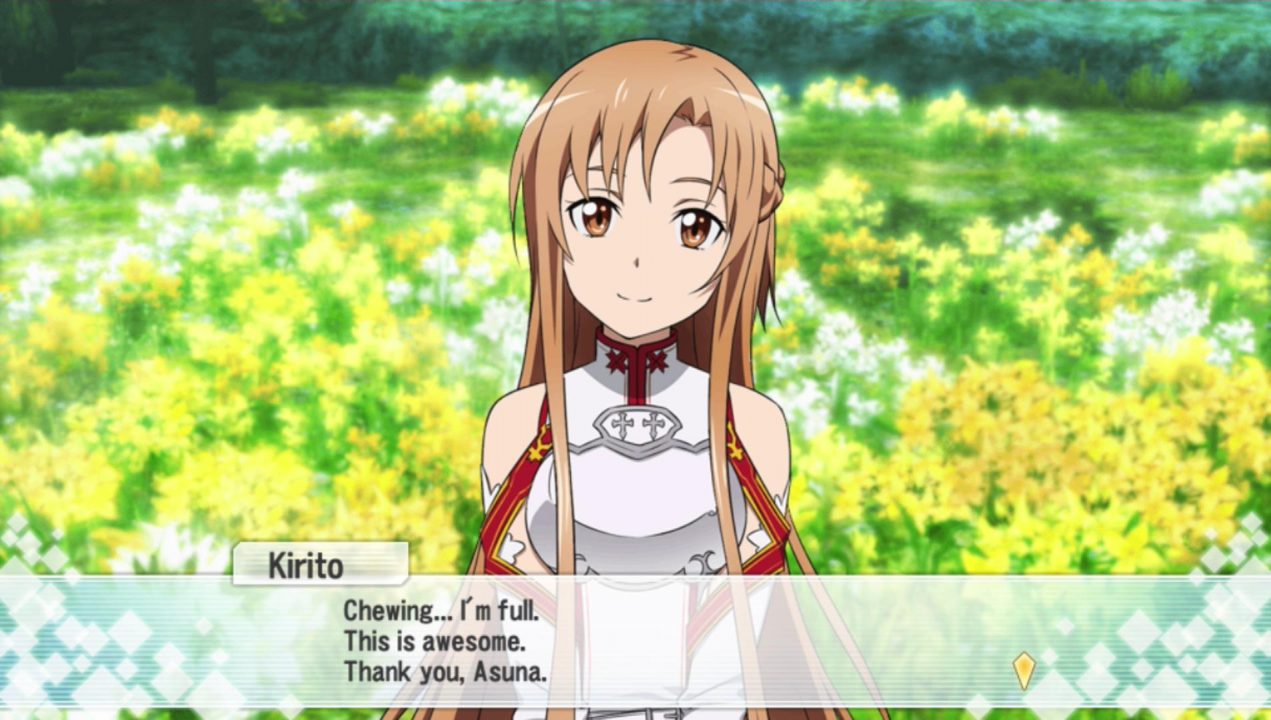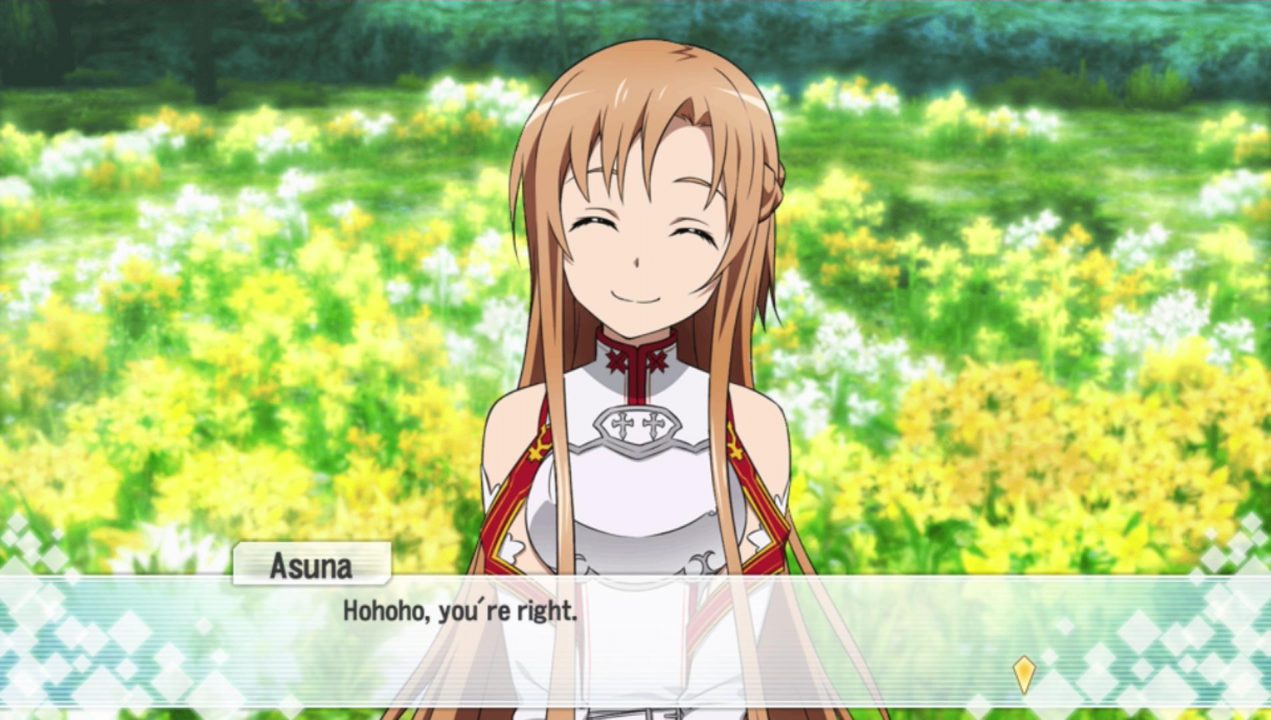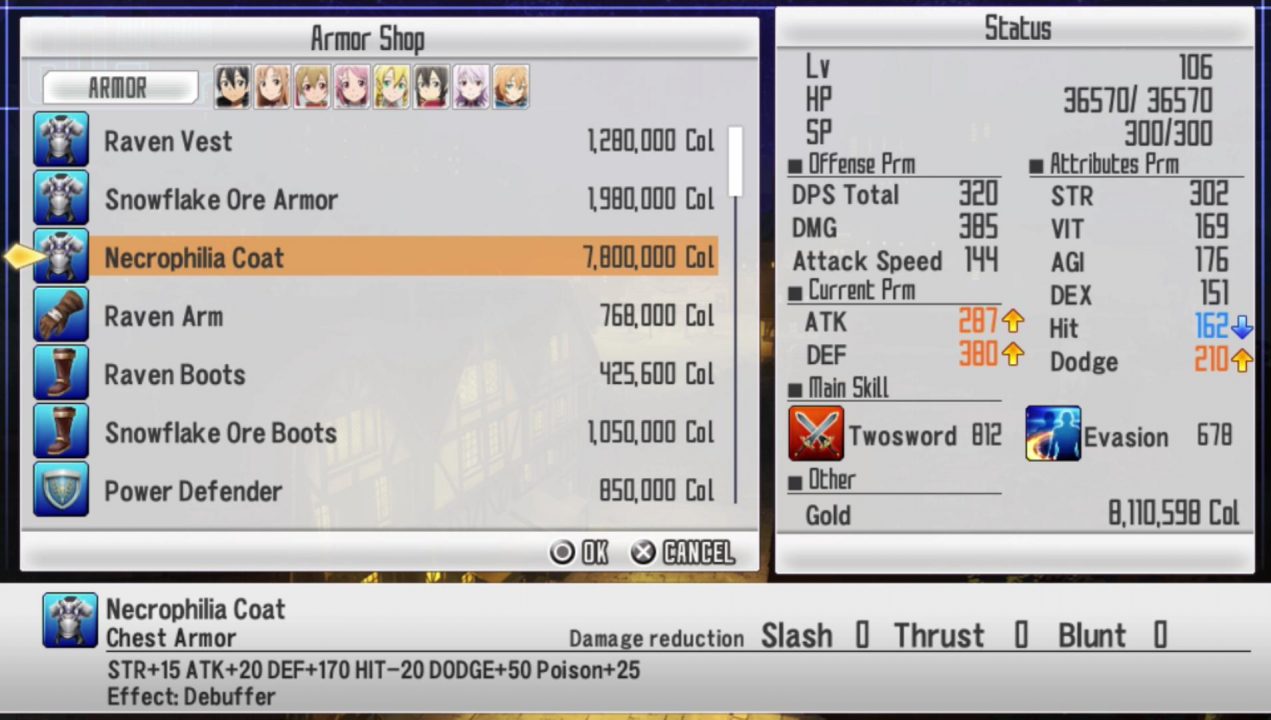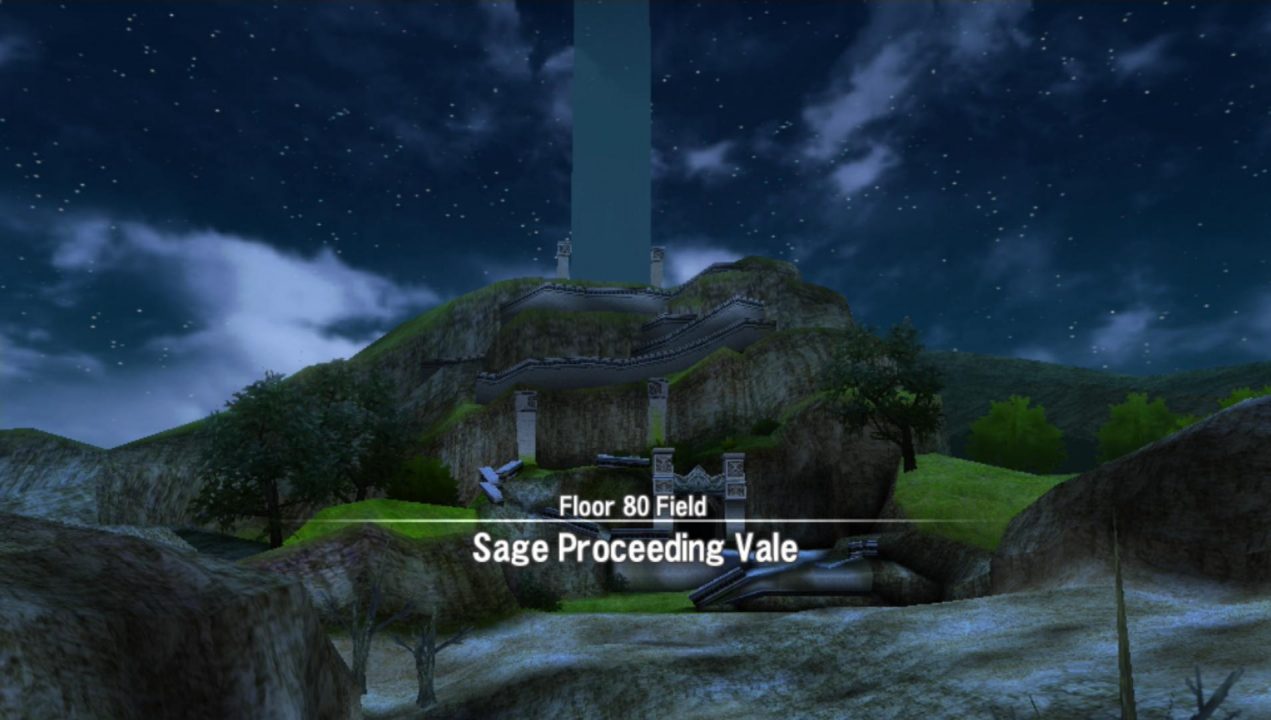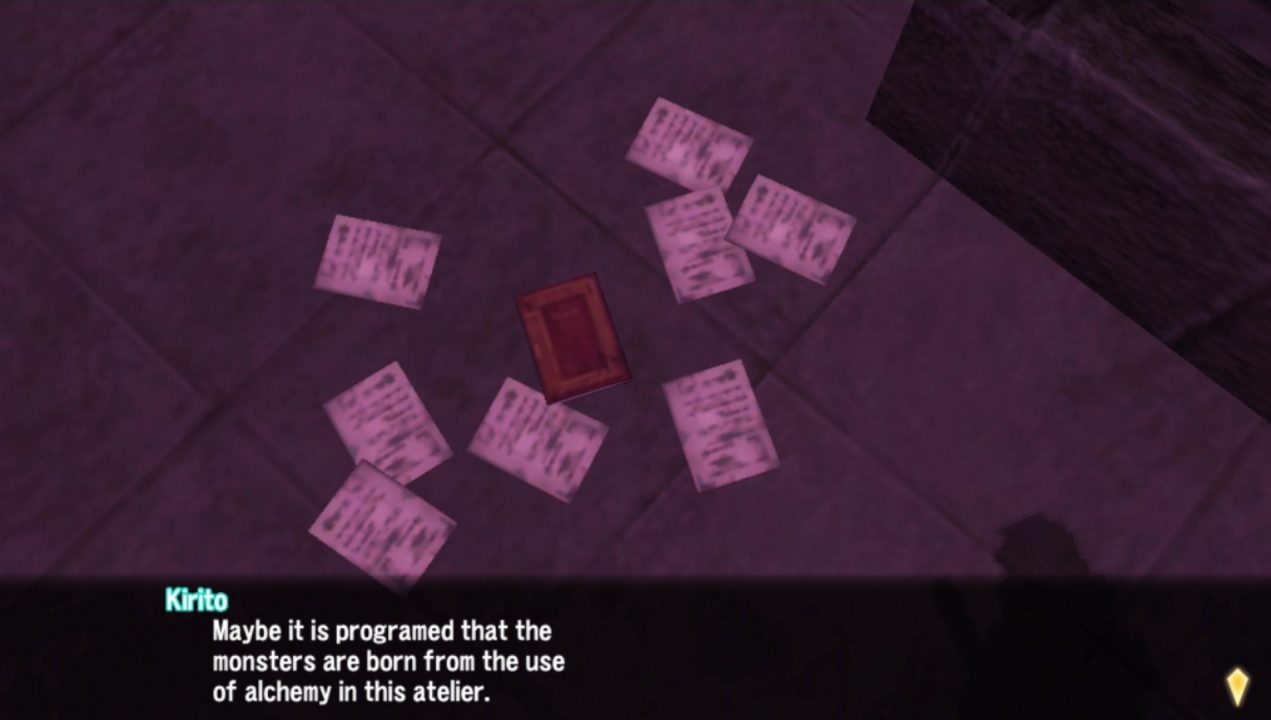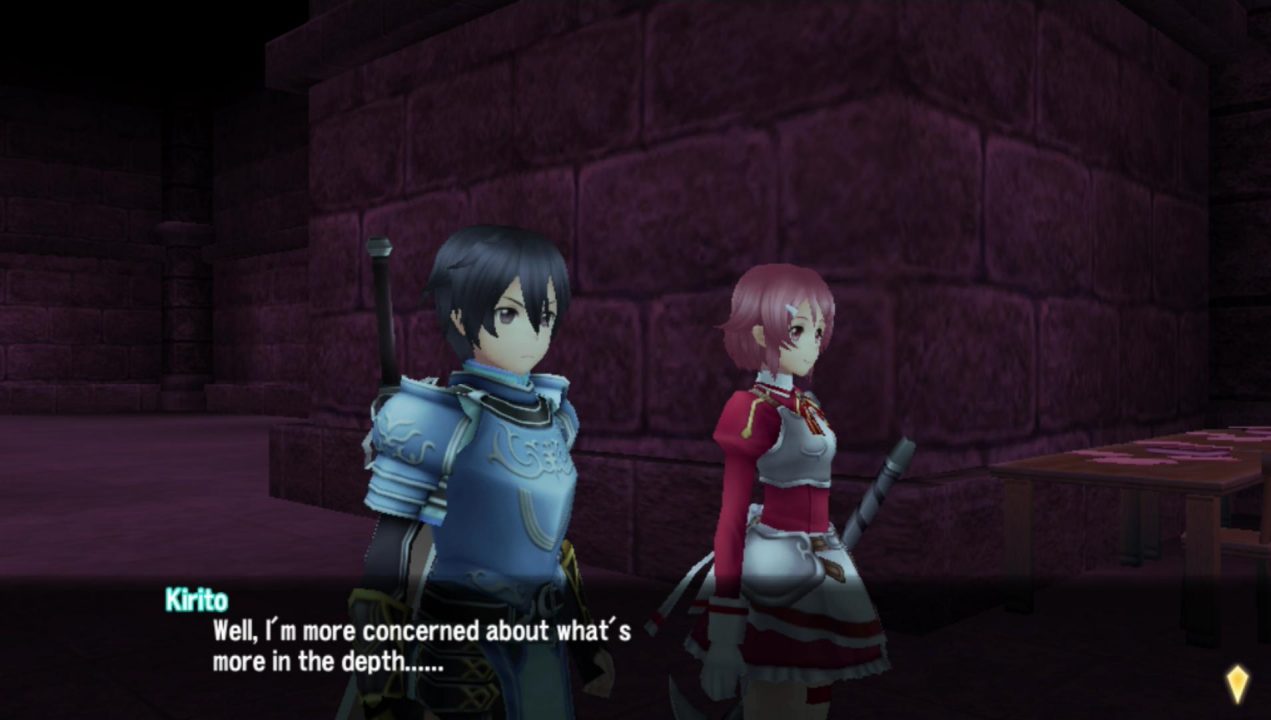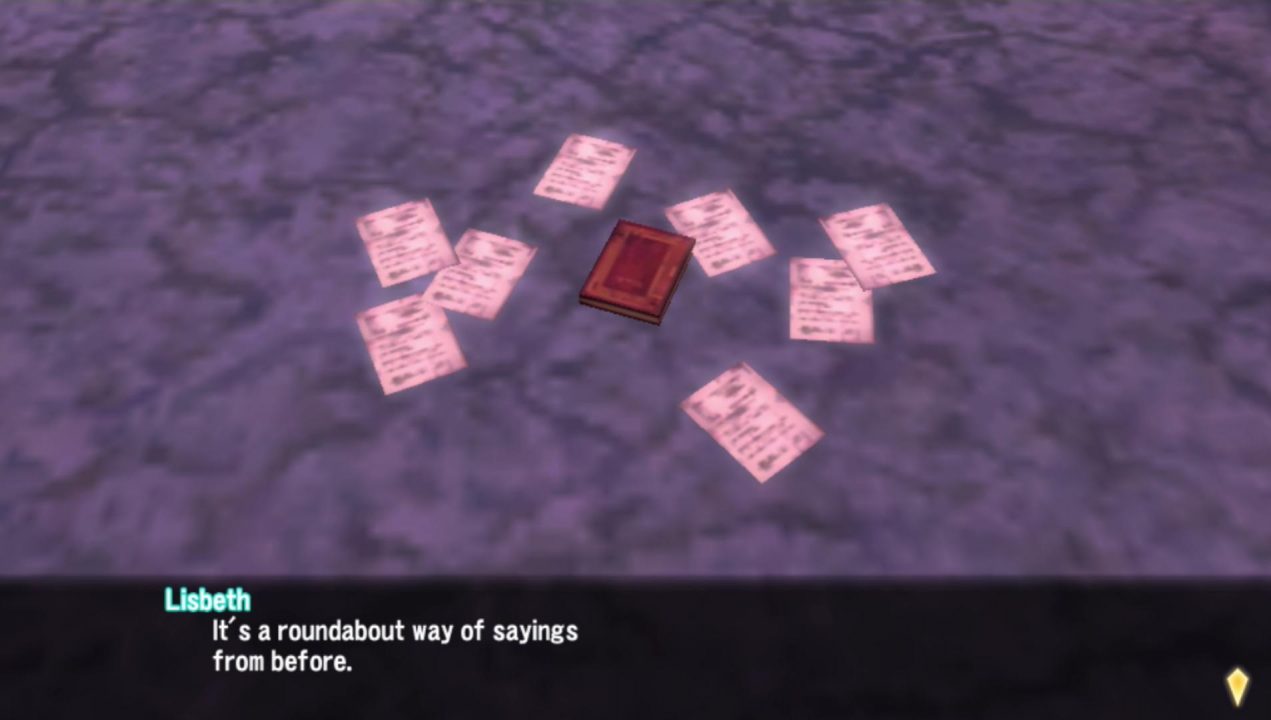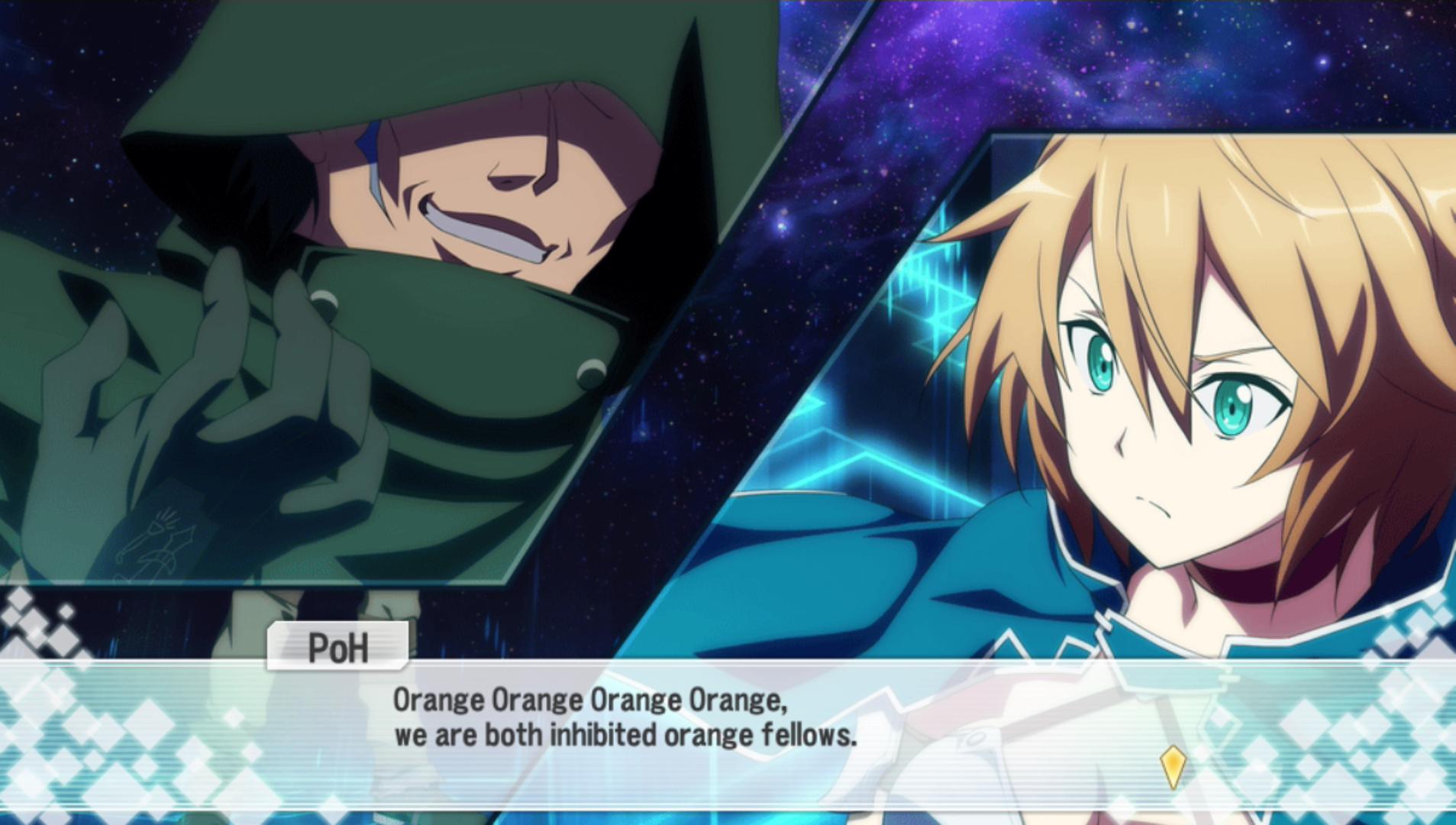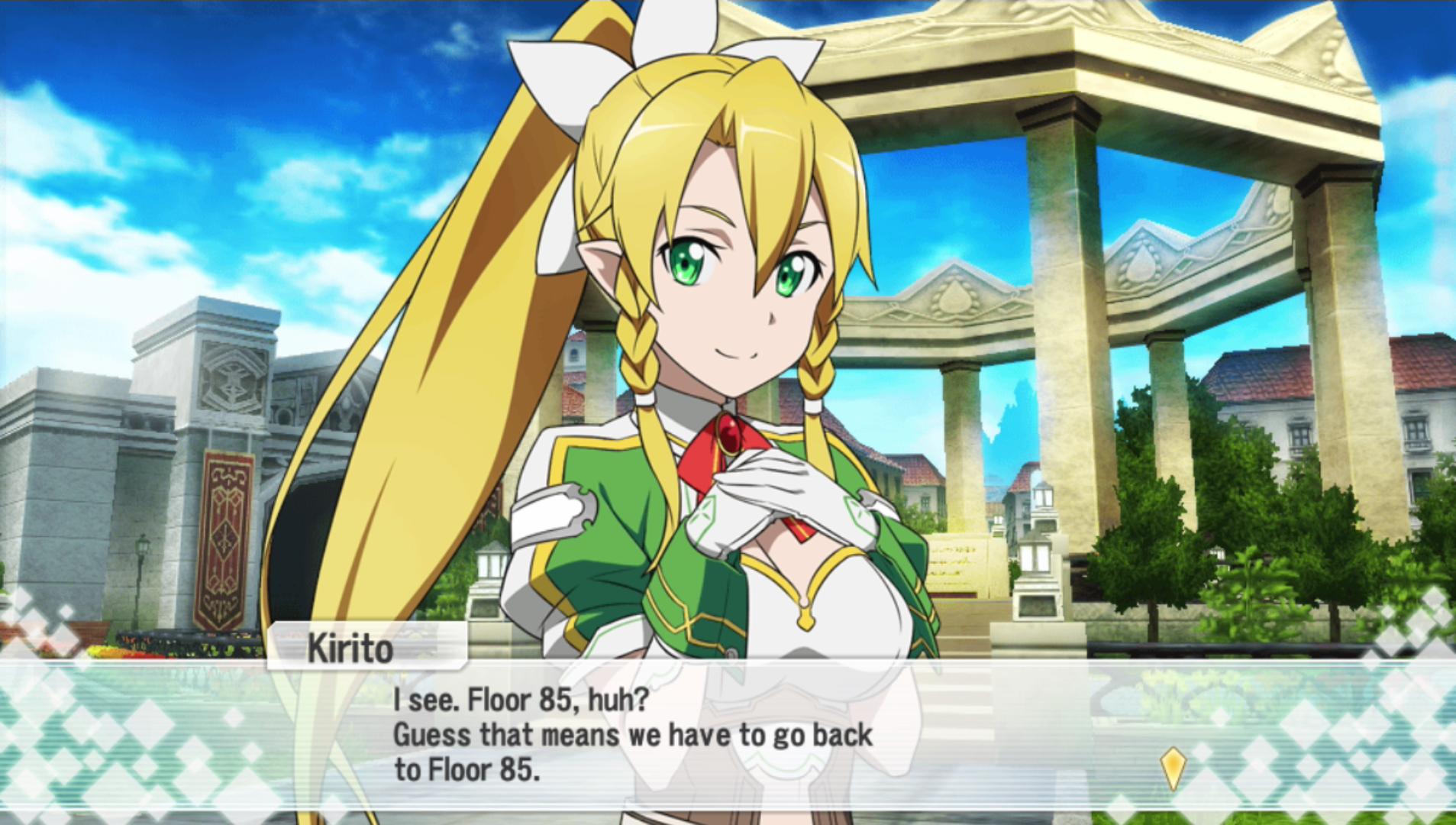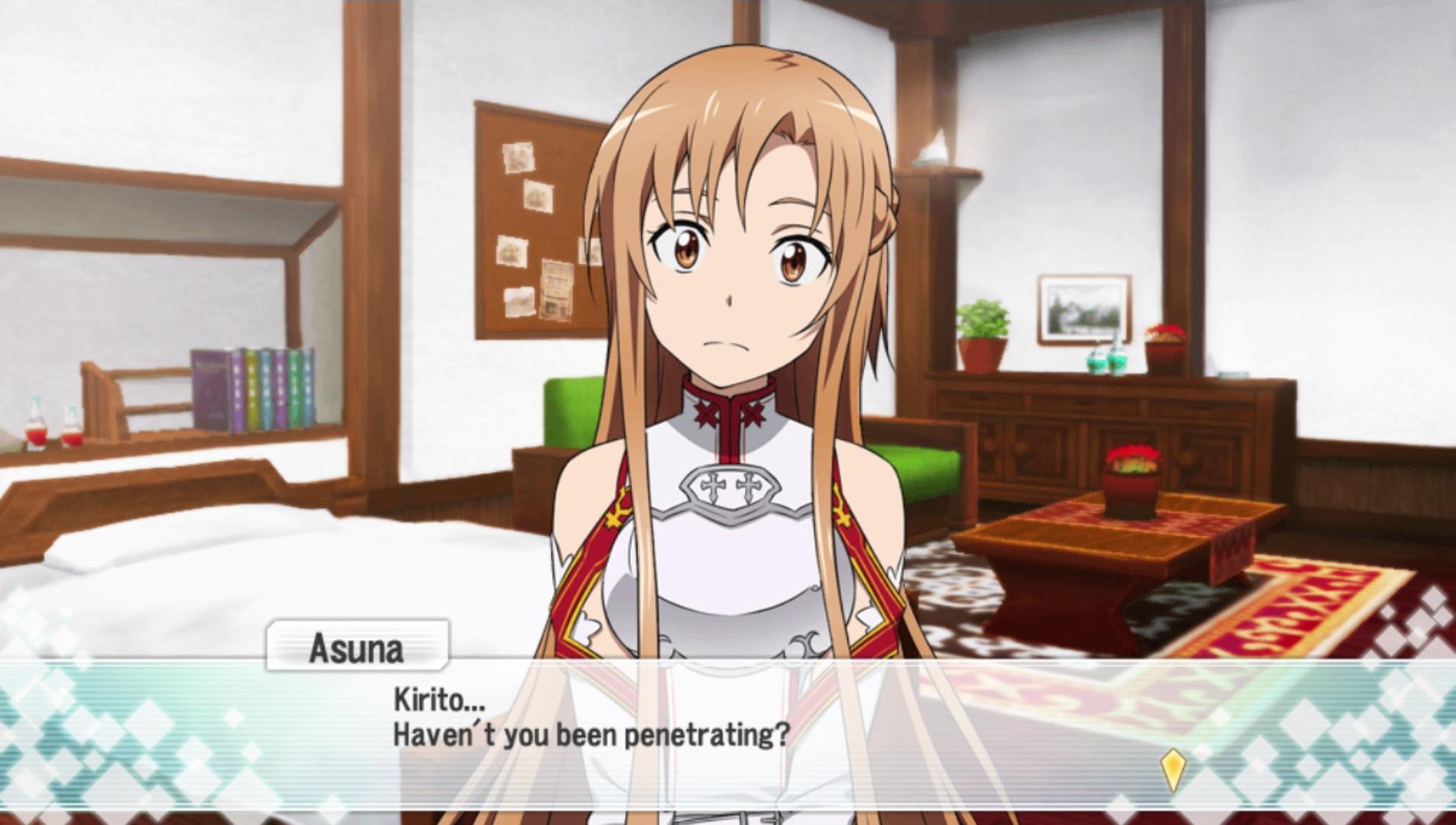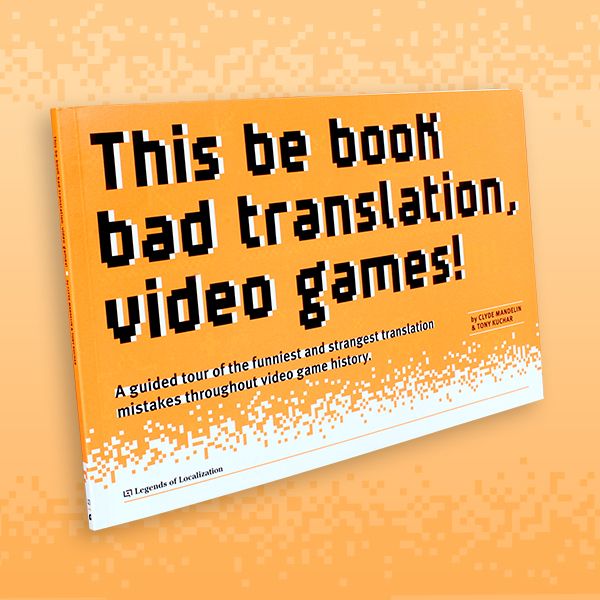As I slowly figure out how this game works, I’m able to trigger more quests and skits. I’m mostly playing for the bad translation but the game is pretty decent and complex enough to keep me interested.
![Is that "lord Wind" or "Iord Wind"? Darn these fonts! Is that "lord Wind" or "Iord Wind"? Darn these fonts!]()
Is that "lord Wind" or "Iord Wind"? Darn these fonts!
!["let's me friends" "let's me friends"]()
"let's me friends"
![We're several dozen penetrations into the story and we're still barely into the game at all We're several dozen penetrations into the story and we're still barely into the game at all]()
We're several dozen penetrations into the story and we're still barely into the game at all
!["Haven't you been penetrating?" "Haven't you been penetrating?"]()
"Haven't you been penetrating?"
![This is just asking for some dirty jokes This is just asking for some dirty jokes]()
This is just asking for some dirty jokes
![The choice to leave this as "bento" is interesting. I do feel like that's one of the next Japanese words to get fully integrated into English soon The choice to leave this as "bento" is interesting. I do feel like that's one of the next Japanese words to get fully integrated into English soon]()
The choice to leave this as "bento" is interesting. I do feel like that's one of the next Japanese words to get fully integrated into English soon
!["will lead you to many encounter" "will lead you to many encounter"]()
"will lead you to many encounter"
![I think "Chewing..." is supposed to be a sound effect, unless Kirito is really weird I think "Chewing..." is supposed to be a sound effect, unless Kirito is really weird]()
I think "Chewing..." is supposed to be a sound effect, unless Kirito is really weird
![Merry Christmas! Greeeen Giant! Merry Christmas! Greeeen Giant!]()
Merry Christmas! Greeeen Giant!
!["Hohoho" is common in Japanese laughter, but it evokes very different imagery for many English speakers. What's more, she actually goes "Heheheh" in the audio here. So I dunno what happened "Hohoho" is common in Japanese laughter, but it evokes very different imagery for many English speakers. What's more, she actually goes "Heheheh" in the audio here. So I dunno what happened]()
"Hohoho" is common in Japanese laughter, but it evokes very different imagery for many English speakers. What's more, she actually goes "Heheheh" in the audio here. So I dunno what happened
![NO, GAME! NO! NO, GAME! NO!]()
NO, GAME! NO!
!["Sage Proceeding Vale"Does that mean anything to anyone? "Sage Proceeding Vale"Does that mean anything to anyone?]()
"Sage Proceeding Vale"
Does that mean anything to anyone?
!["Sorry but, I wan to recover so can you defeat this thing please."Incidentally, Japanese sentences put the pause after the word "but" in sentences like this, but in English we generally put the pause before the "but", as we can see in this very sentence you're reading. So it's common to see weird comma-but problems from inexperienced translators "Sorry but, I wan to recover so can you defeat this thing please."Incidentally, Japanese sentences put the pause after the word "but" in sentences like this, but in English we generally put the pause before the "but", as we can see in this very sentence you're reading. So it's common to see weird comma-but problems from inexperienced translators]()
"Sorry but, I wan to recover so can you defeat this thing please."
Incidentally, Japanese sentences put the pause after the word "but" in sentences like this, but in English we generally put the pause before the "but", as we can see in this very sentence you're reading. So it's common to see weird comma-but problems from inexperienced translators
![Japanese verb tenses don't have 1:1 correlation with English verb tenses, so you get things like this all the time. This is a common mistake made by inexperienced translators, so you get things like "is falling" here when we would actually say "has fallen" or something similar. Basically, if you're studying Japanese, keep in mind that the "verb-te iru" form is not always the same as "verb-ing" Japanese verb tenses don't have 1:1 correlation with English verb tenses, so you get things like this all the time. This is a common mistake made by inexperienced translators, so you get things like "is falling" here when we would actually say "has fallen" or something similar. Basically, if you're studying Japanese, keep in mind that the "verb-te iru" form is not always the same as "verb-ing"]()
Japanese verb tenses don't have 1:1 correlation with English verb tenses, so you get things like this all the time. This is a common mistake made by inexperienced translators, so you get things like "is falling" here when we would actually say "has fallen" or something similar. Basically, if you're studying Japanese, keep in mind that the "verb-te iru" form is not always the same as "verb-ing"
![Japanese-to-English game translations mess up the word "programmer" and "programmed" SO MUCH. Someday I oughta start a gallery for fun Japanese-to-English game translations mess up the word "programmer" and "programmed" SO MUCH. Someday I oughta start a gallery for fun]()
Japanese-to-English game translations mess up the word "programmer" and "programmed" SO MUCH. Someday I oughta start a gallery for fun
!["more in the depth" would be more naturally translated as "further inside" "more in the depth" would be more naturally translated as "further inside"]()
"more in the depth" would be more naturally translated as "further inside"
![I think this is trying to say that these notes say the same things as all the previous notes, but in less direct ways I think this is trying to say that these notes say the same things as all the previous notes, but in less direct ways]()
I think this is trying to say that these notes say the same things as all the previous notes, but in less direct ways
!["Road the Dead Unable to Escape" "Road the Dead Unable to Escape"]()
"Road the Dead Unable to Escape"
